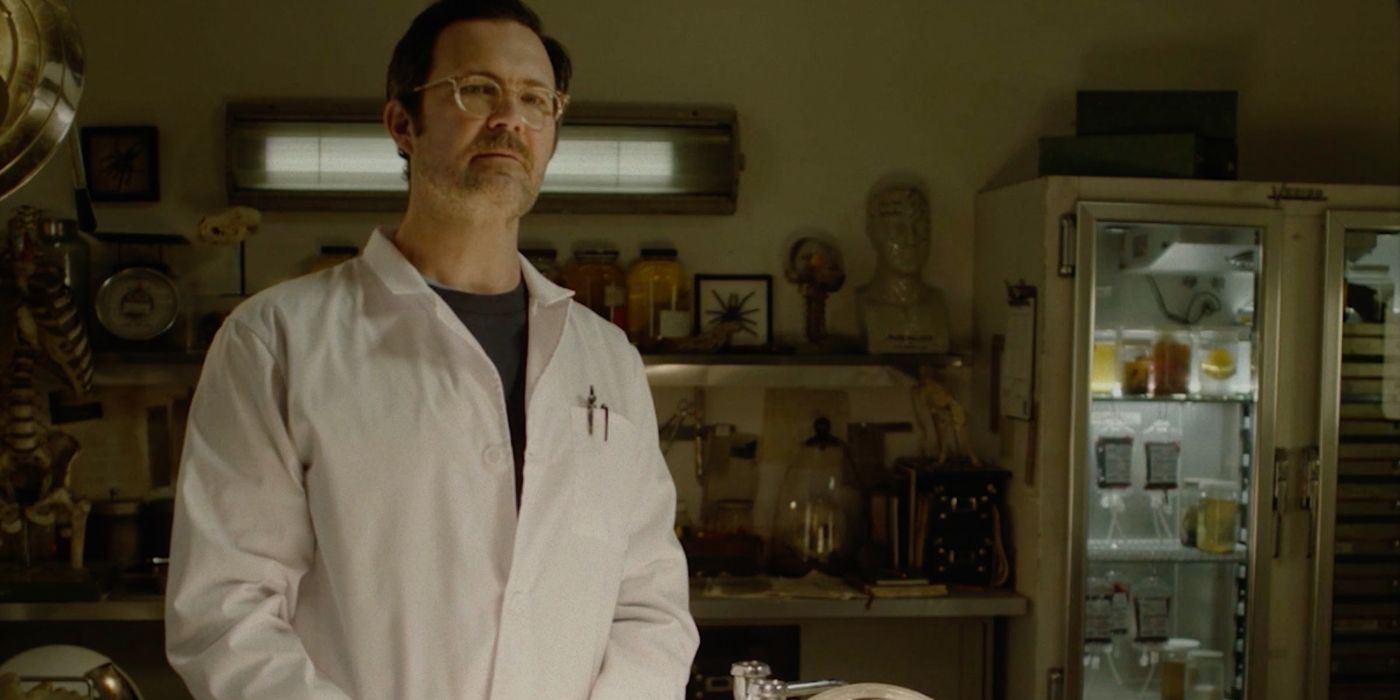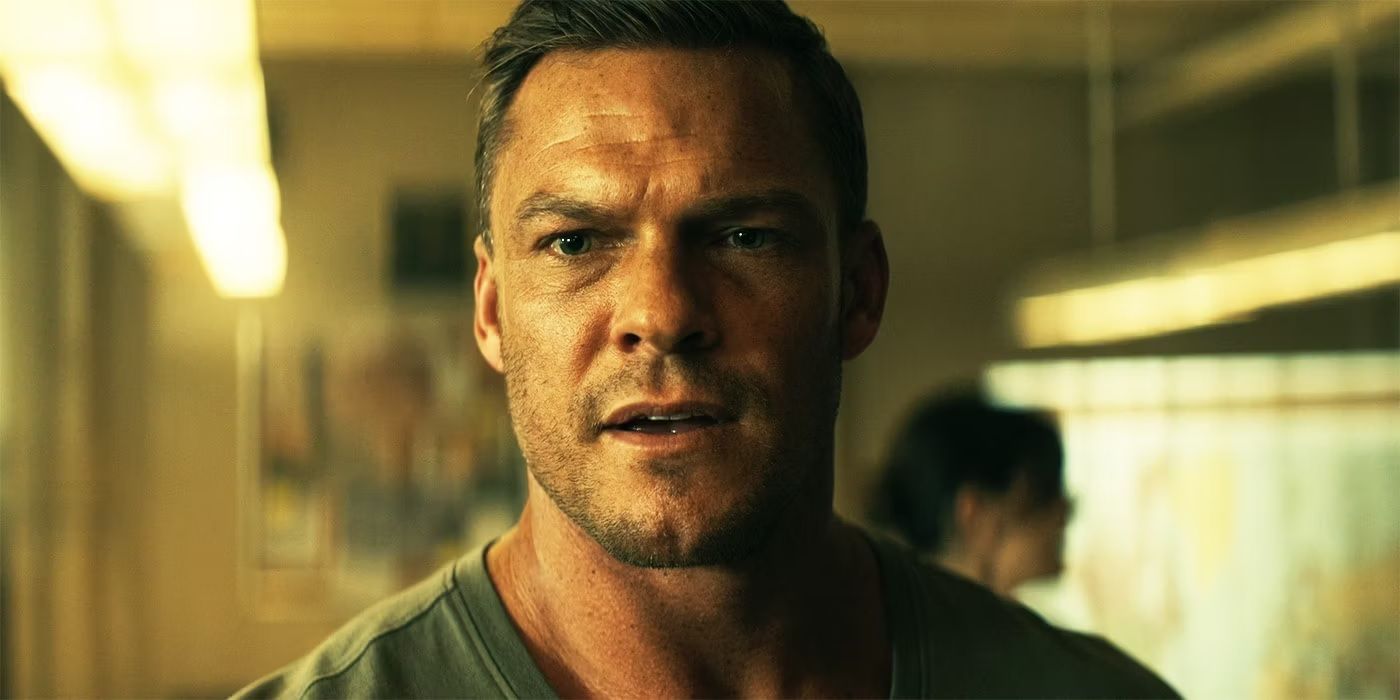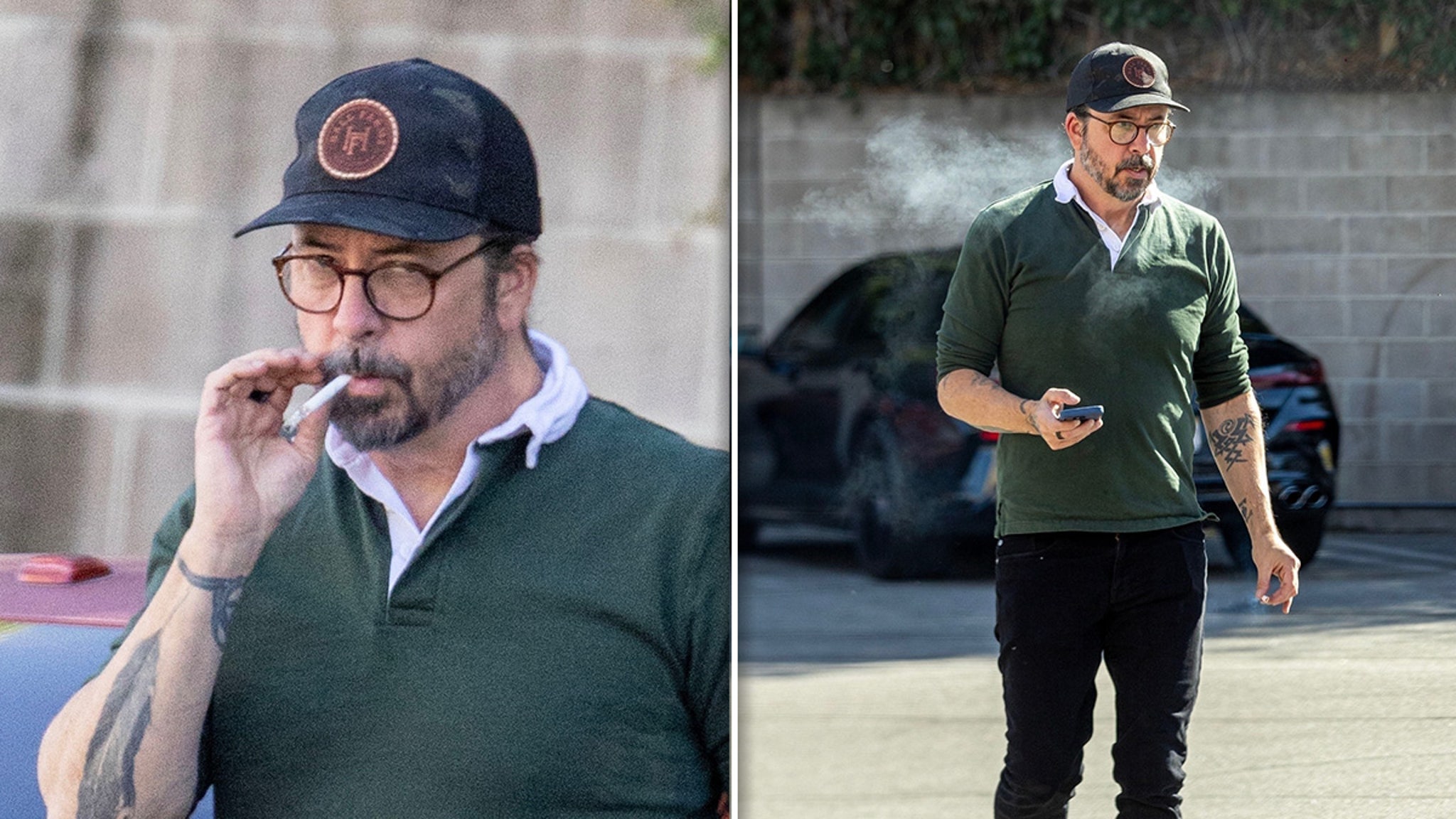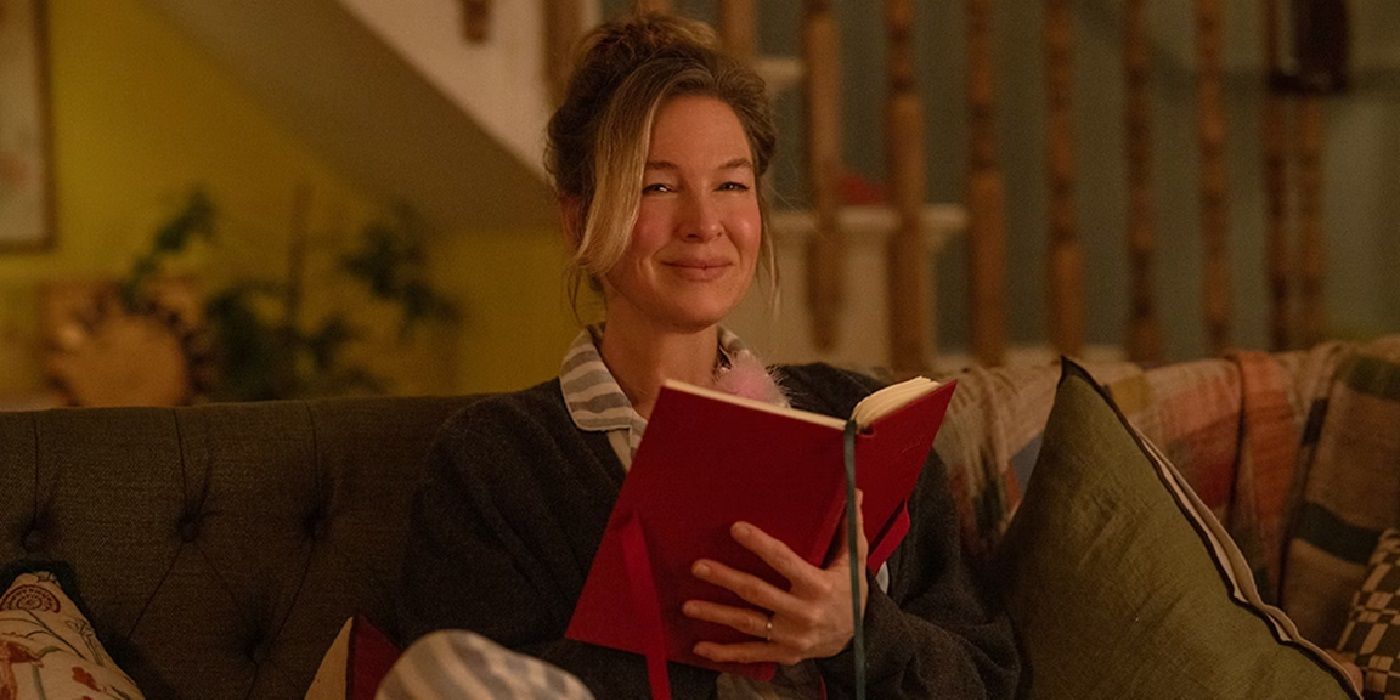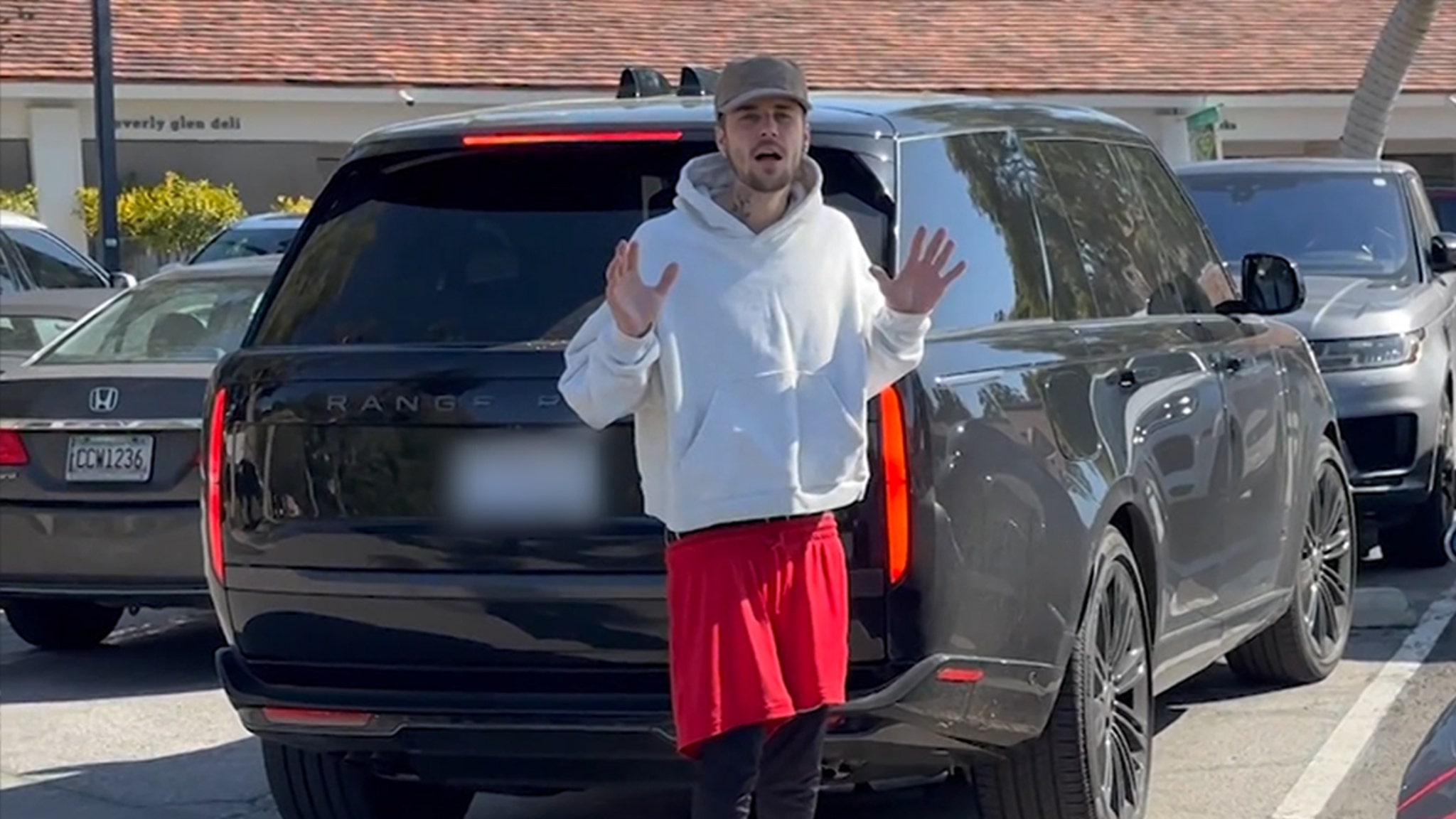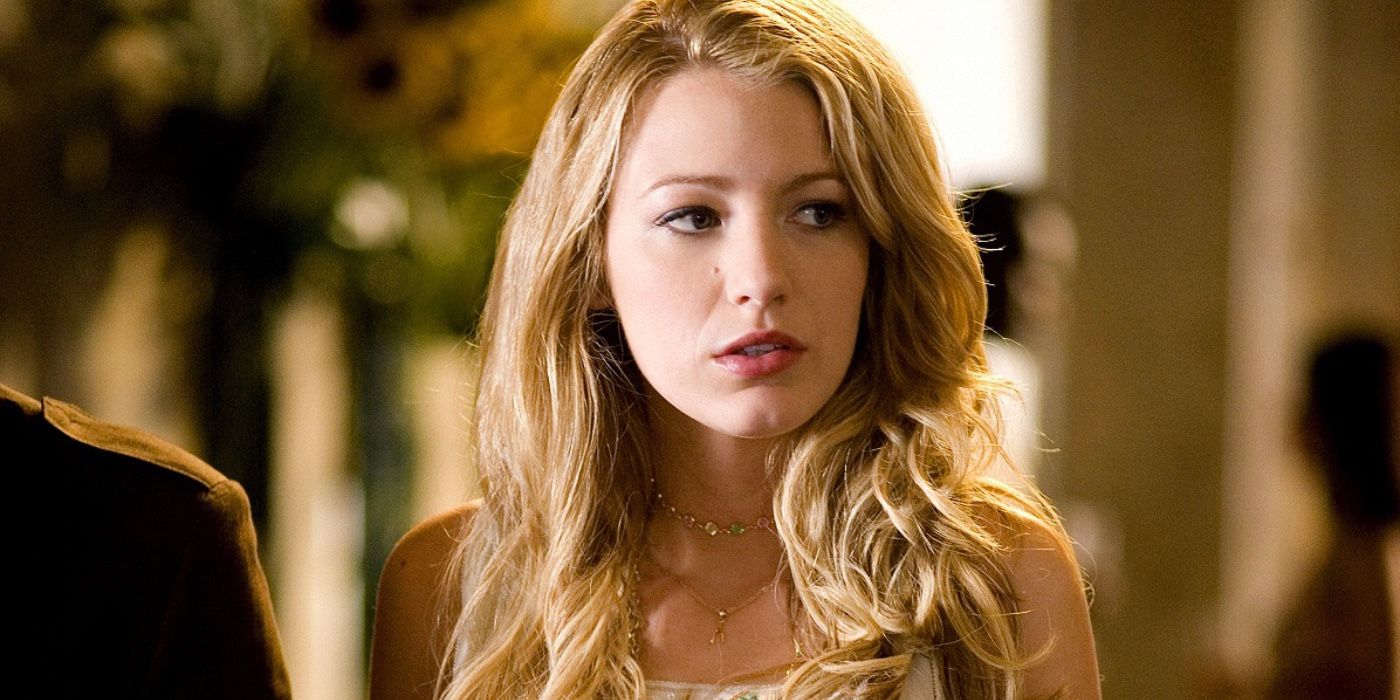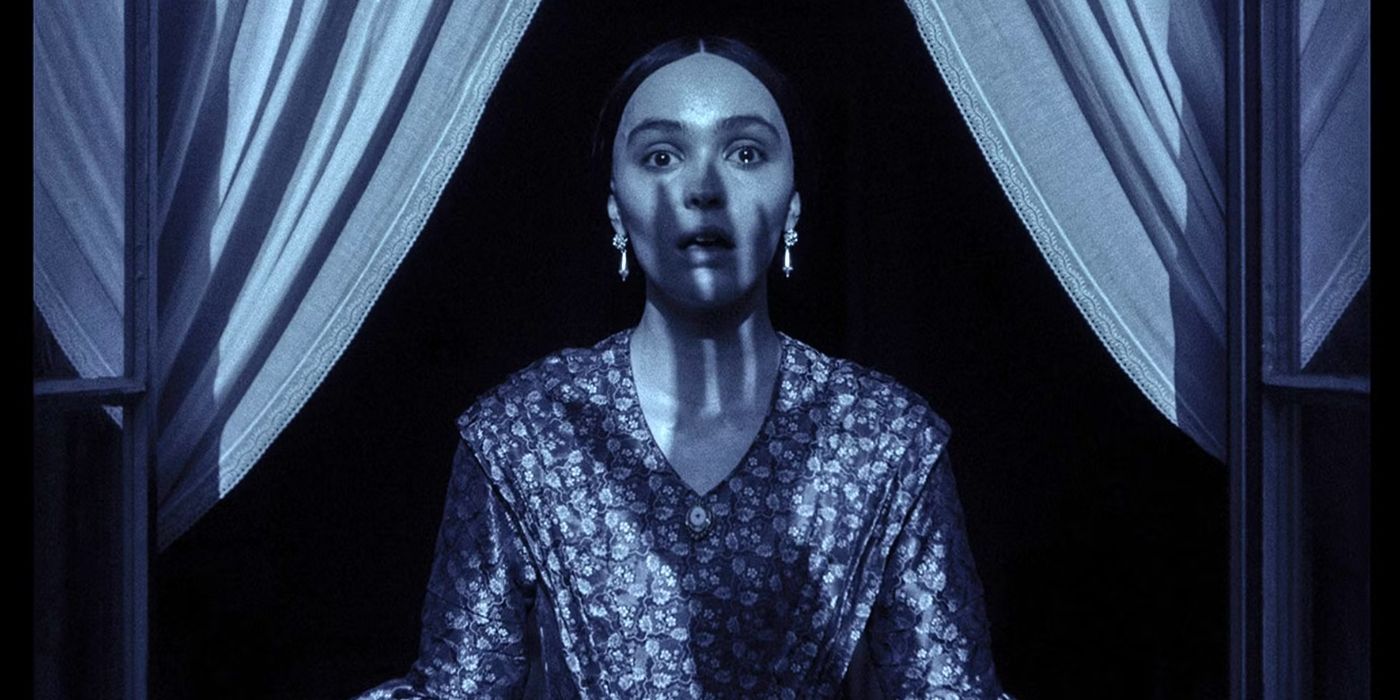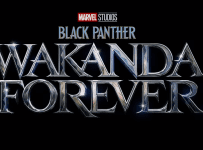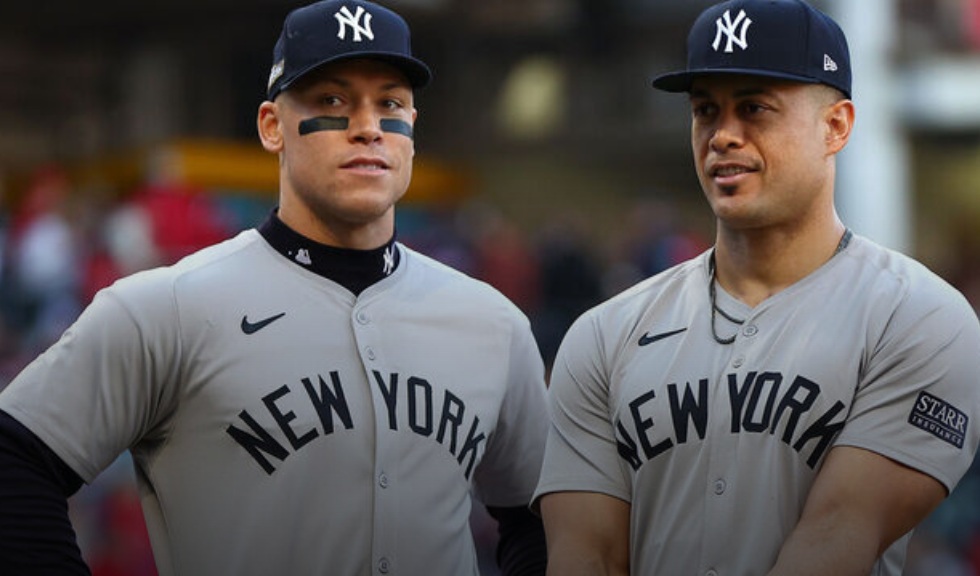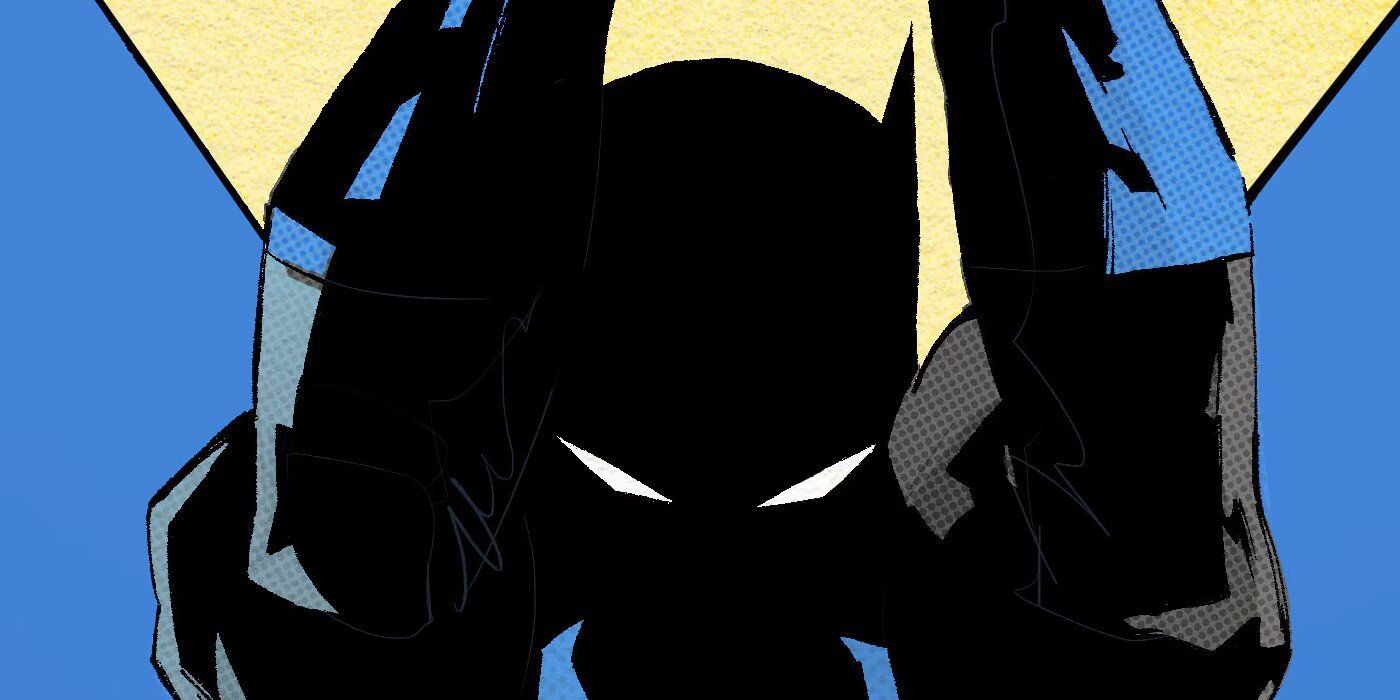Nelson’s smartest asset is his well-rounded willingness to point fingers everywhere. He speaks to the surviving family members of people who died at Attica on both sides, prisoners and guards—both caught up in a broken system. He details mistakes and power struggles made during negotiations, and the composite picture is the best ever made about Attica, an event that seems to have faded in history when it might tell us more about where we are today than most others.
An even lesser-known standoff centers the excellent “Hold Your Fire,” which is even more explicitly about conflict resolution and how important it is, then and now. If the authorities trying to talk down scared young men from the ledge of violence don’t see them as human, how could they value their lives enough to try and save them? Director Stefan Forbes (working with the excellent Sam Pollard as Consulting Producer) started with NYPD psychologist Harvey Schlossberg, a pioneer in conflict negotiation who was empowered in the precinct by what happened at Attica but still considered largely inconsequential by a police force that thought bullets solved more than words. Every police officer on Earth should listen to Schlossberg. The lessons he was preaching in the ‘70s are more important than ever.
In 1973, Shu’aib Raheem was a scared 23-year-old, seeing violence in his community that he couldn’t control. To protect himself and those he cared about, he tried to rob a sporting goods store in Brooklyn, and everything went very wrong. Before they could really know what was happening, Raheem and his three Black Muslim collaborators had hostages in the store and waves of officers outside. When the officers tried to end the crisis with force, life was lost.
Forbes smartly allows the people who were there that day, including hostages, the surviving men, and the officers, to tell their stories, and they’re often very different takes on the events of that day. Disputes over who shot first, what was said, etc. indicate the chaos that unfolded, as does some undeniable bias brought to the situation by some of the officers—the one who claims there are no racist cops mere minutes before saying some pretty racist shit that will infuriate people. And yet some of the officers and officials involved here know the truth, especially the one who points out that as emotions rise, rationality falls. We’ve seen this play out over and over again, often with mortal consequences. “Hold Your Fire” is a fascinating case study in how deadly it can be when officers simply refuse to see the big picture. When a criminal isn’t human and a bullet is the solution instead of a conversation, true justice will always be out of reach.
You can view the original article HERE.

